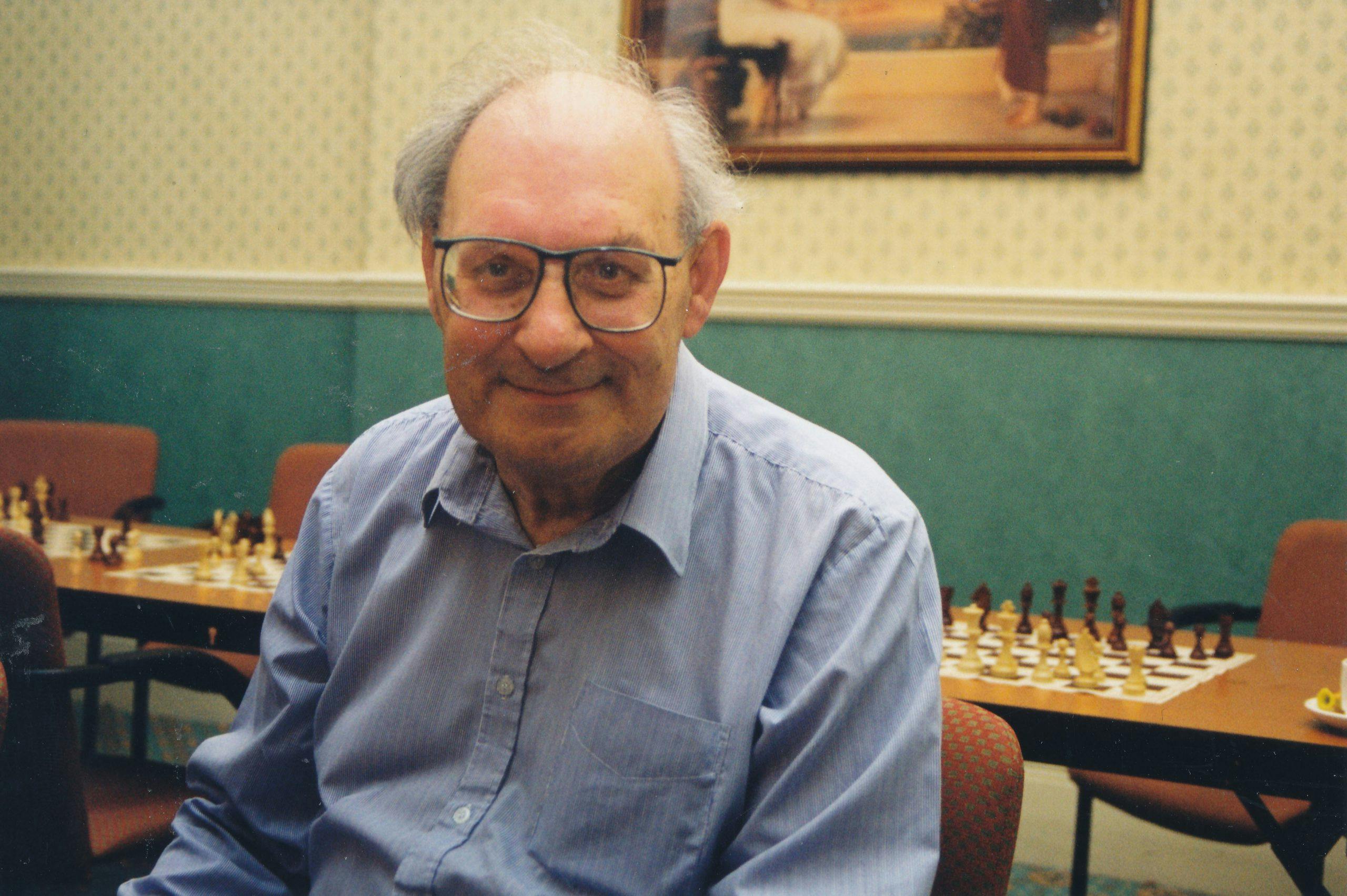This club is named in tribute to one of Merseyside chess scene's luminaries, John Littlewood (1931-2009), and the spirit in which he played and taught the game of chess.

There is an apocryphal story concerning the sinking of the Titanic that the disaster was reported in the Aberdeen Daily Journal under the headline 'Aberdeen man drowns at sea'. Such was John's significance to the Merseyside Chess League over the decades, playing on top board for Liverpool Chess Club and providing formal and informal coaching to some of Merseyside's stronger players, we would be remiss for neglecting to mention his life in chess was one of decidedly more wide-ranging achievement. Details can be found here Remembering FM John Littlewood (25-v-1931 16-ix-2009) - British Chess News, and here John Saunders's Chess Pages: Obituary - John Littlewood (1931-2009), and in the national press here Chess mourning the loss of John Littlewood | Chess | The Guardian, and here John Littlewood: chess champion (thetimes.co.uk). Indeed, such was the scale of John's contribution to chess, his time spent playing on Merseyside is barely mentioned. Suffice to add that his name may have been almost as familiar to chess players in places as varied as Soligorsk and San Francisco as it was to those in Southport and Skelmersdale.
Scroll to the end of his post to see a typically brisk Littlewood game that would appear in the soviet-Israeli player and writer Iakov Neishstadt's book "Queen Sacrifice".
From a personal perspective, I'd like to share the story of my first encounter with John. A story I hope will convey the attitude and spirit of the man we at the John Littlewood Chess Club hope to reproduce as a club, whether competing or coaching.
John was arbiting the MCA lightning tournament at the Liverpool Institute of Performing Arts circa 2001/2 when he was called on to adjudicate an endgame I was playing. After a scarcely a few seconds examination of the position, in which I was two pawns down, John, much to the astonishment of myself, my opponent, and onlookers, declared the game drawn. Upon my opponent's splenetic objection, John pointed out an unlikely resource available to me that would have salvaged the half point. He then politely, but resolutely, invited my opponent to further debate the matter should he have any information that might change this evaluation. My opponent, rated about 180 ECF (about 2000 or so today), respectfully declined.
'You saw that, didn't you?' John asked of me, referring to the resource, encouraging me to remain silent.
A few years later, in the Open section of the Liverpool Chess Congress, I would somewhat prematurely resign a game to John in a position only verging on the hopeless. His immediate reaction was to ask 'You calculated all that, did you?' in the same gently sceptical tone that left you neither embarrassed nor ungrateful for the experience of being chastened.
One way or another, he always taught you a lesson you'd remember.
- Roger Williamson
